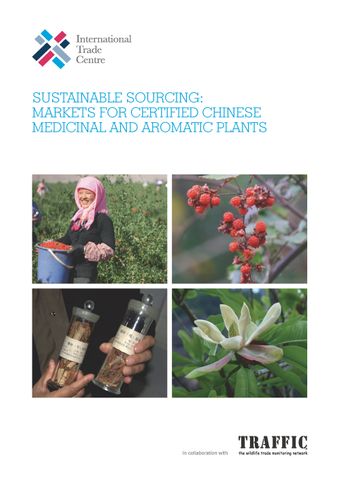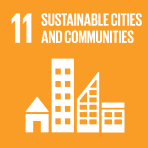- Home
- Books
- Sustainable Sourcing
- Chapter
Conclusions and recommendations

- Author: International Trade Centre
- Main Title: Sustainable Sourcing , pp 75-76
- Publication Date: January 2017
- DOI: https://doi.org/10.18356/1f7ea9ff-en
- Language: English
Market and trade data referred to in this report generally show that consumer demand for certified organic ingredients and products continues to increase year-on-year. The data also show that demand for ingredients and products with dual certification (organic + fair) is also growing. While the sustainableproducts consumer was once satisfied with organic certification, this is no longer the case. The educated consumer is becoming more familiar with the concept that sustainability is built on three interrelated pillars: environmental protection, social equity and economic viability. In the case of herbal medicinal products, determining whether a product is sustainable can take into consideration the long-term survival of the people, plants and animals where the herbs are harvested (health of the whole ecosystem) and guarantees of equitable trade to incentivize local herb-harvesting communities to serve as good stewards of the ecosystem for sustainable trade and use of biodiversity products.
-
From This Site
/content/books/9789213614266c025dcterms_title,dcterms_subject,pub_keyword-contentType:Journal -contentType:Contributor -contentType:Concept -contentType:Institution105


